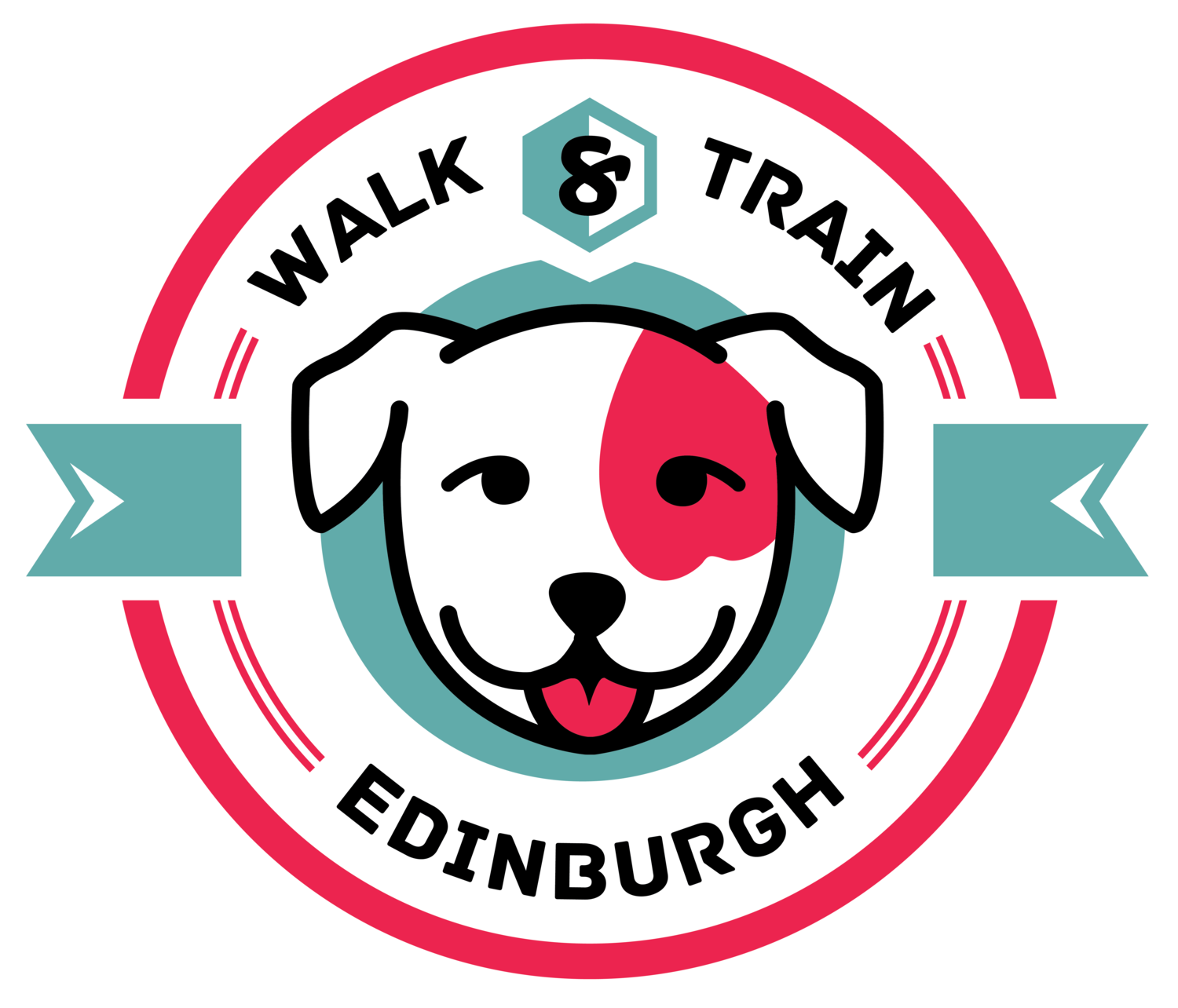
Dog Training Tips & Behaviour Advice
Start helping your dog today.

“Steal Your Dog”
Steal your dog! That is what Jay Jack calls it. It is an easy game to proof behaviours that we use with our behaviour modification clients as well as for our GRC Dogsports club.

GRC Dogsports for Puppies
Often when we host GRC events, we get messages from people saying that they would love to join, but that their dog is under 1 year and that they want to wait. We welcome dogs of all ages and think that the earlier you start, the better!
Obviously, we wouldn’t be doing full mill sprints or heavy sled pulls with dogs that are not fully grown. But there are plenty of things you can do to build a picture for the future.
Let’s break it down into smaller steps!

Building Motivation
Here’s my best advice for getting the most out of using food in training!

Exercises to Improve Your Dog’s Recall
We get a lot of questions on recall, and in particular prey drive. Here are some easy exercises you can try to proof your dog’s off leash behaviour around distractions.

Our Puppy Priorities
Here are some things we’ve been focusing on with our puppy between 8 and 16 weeks!
➡️ Play! To build a relationship, develop the game for future sports and satisfy breed traits.
➡️ Meeting dogs in controlled situations.
➡️ Finding a balance between meeting new people and focusing on us around people.
➡️ Exposure to different environments.
➡️ Handling.

Honour Your Dog
Over the last few months I’ve seen a bit of a concerning trend which has been keeping me up at night.
Time and time again, I keep having owners of working breeds get in touch to get help with reactivity and aggression, who have previously been advised to get their dogs on psychotropics like Trazodone or Fluoxetine. Dogs who were by their previous trainer or behaviourist described as “just too intense”. Dogs with no anxiety issues, dogs who there is nothing “wrong” with, other than them being a high drive dog.


Edinburgh’s Best Dog Walks
We think that there is nothing better than exploring nature with dogs. It is such a way great to bond, ground yourself and help your dog feel fulfilled. We love it so much that our dog walking and dog day care service here in Edinburgh, our Doggie Day Trips, are entirely based around this concept. It is an experience we want all dogs to get to have!

3 Tips for Training Your Dog
Two years ago, we did a short clip for Channel 4’s Jo Brand’s How to Stay Sane in a Mad World. The program was an A to Z guide for things to look forward to during the first lockdown winter. Our part, P is for Puppy Power, was based on my top 3 tips for new dog owners. I thought I’d dive into them in a bit more depth here so that more dog owners can access them.

Reasons You Are Not Progressing With Your Reactive Dog
A little while ago I made a video where I discussed the most common reasons I see why dog owners are not making progress with their dog-reactive dogs. Reactivity towards other dogs is the most common issue we get contacted for. In many cases, the dog owners have previously attempted to change their dog’s behaviour but have not been successful. If you have a training plan and feel like you are putting in a lot of work with your dog but see little progress, these are some of the reasons why you might not be moving forward.

Cafe Visits
“I dream of being able to bring my dog anywhere without having to worry.” - Said every dog owner who ever worked with us. A common place which people struggle with are cafes, so I thought I’d make a post just dedicated to this! It is usually a quite noisy space, full of people, dogs, children and food at close proximity. In this post we’ll break it down into smaller training steps.
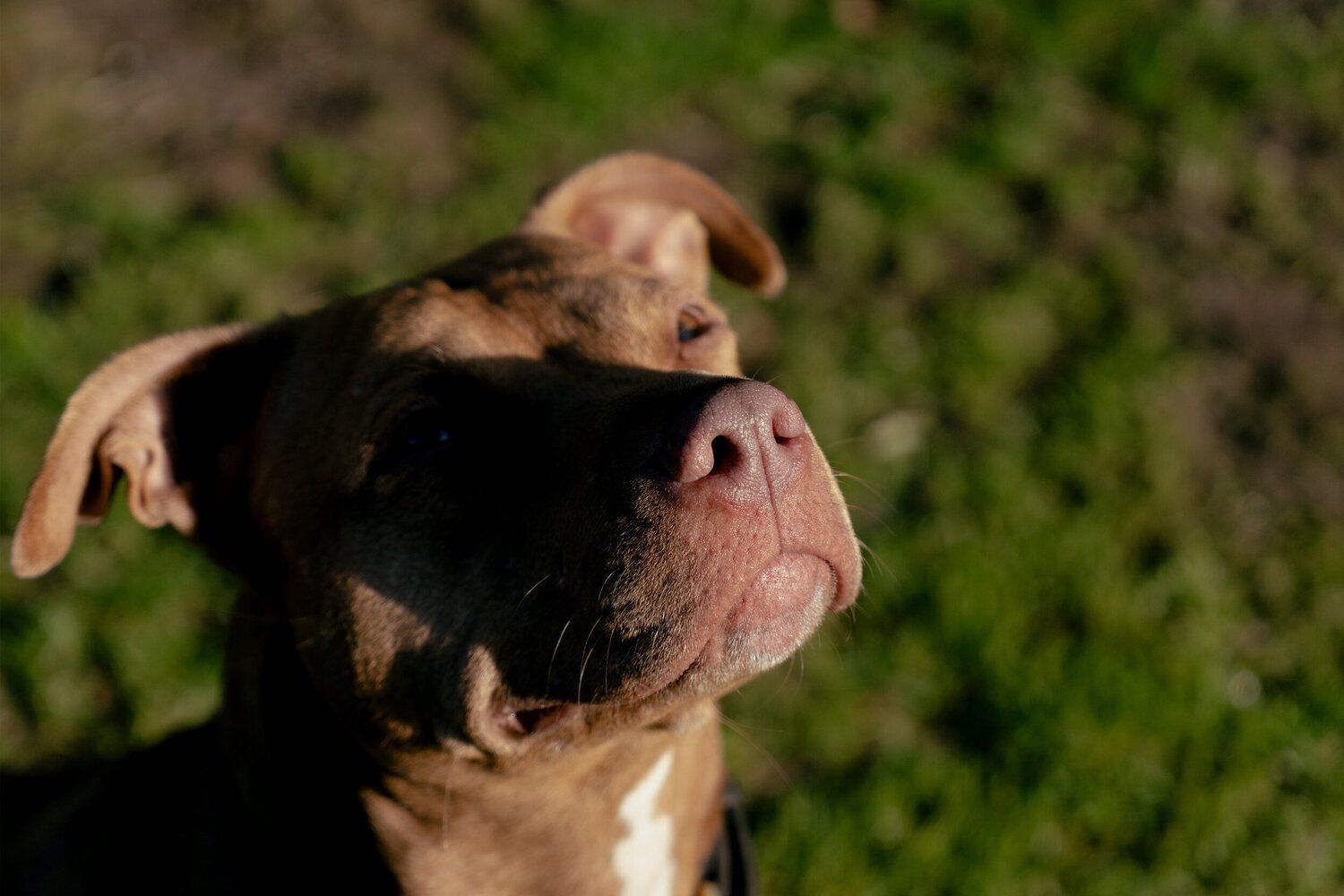
The Nose II
In our last post on nosework I shared some of the reasons I love it and showed some easy games you can do with your dog. Getting your dog to use their nose, regardless of if it is just searching for food or toys, or searching for an odour, is my favourite way of adding some mental stimulation. It can build confidence in insecure dogs to work more independently, and help calm overexcited dogs or frustrated dogs.
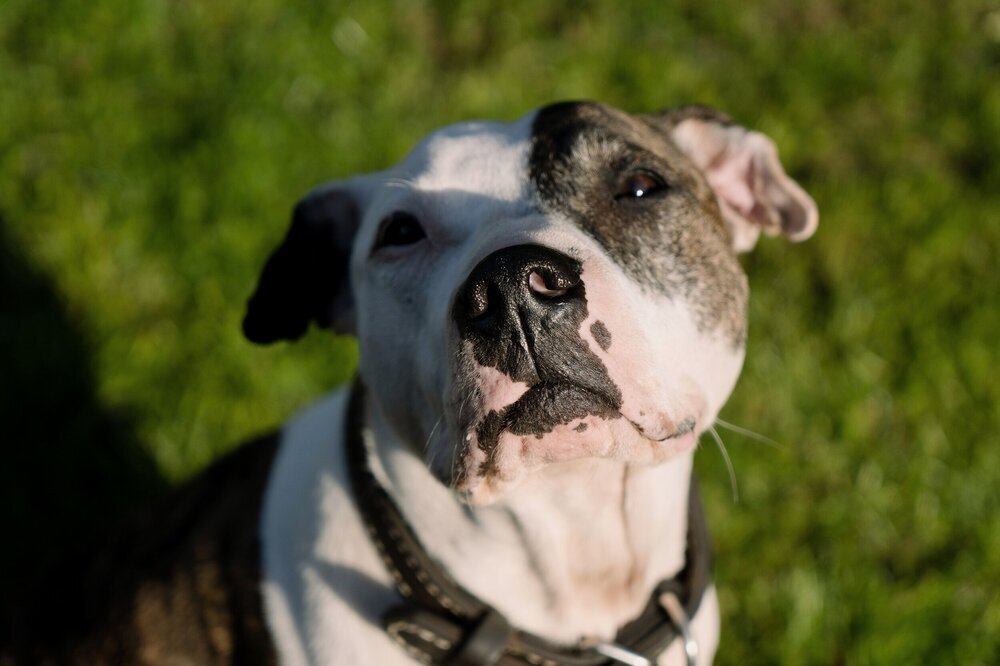
The Nose I
Even if our nose is nowhere near as good, our day care dogs’ behaviour can convey to us whether another dog has recently passed in the area, whether we are about to come across a person, where the closest deer are, or what paths the foxes prefer to take. It never stops to fascinate me!
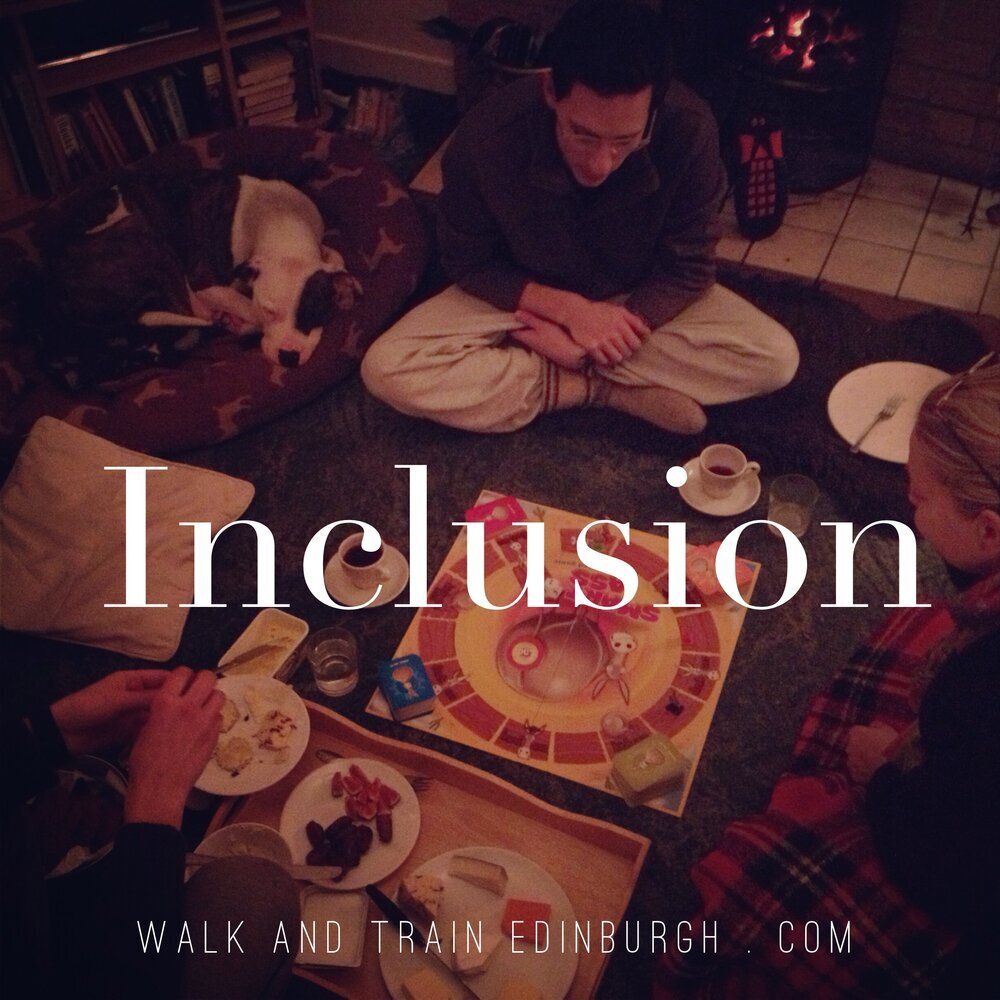
Inclusion
Sometimes when working with dogs, you need to go through a period of temporary inconvenience for long term success. This can be really hard to wrap your head around when you are just getting started. If your dog is reacting to other dogs, you might have to avoid those busy city parks until you have done some controlled set ups and your dog has progressed. If your dog is running away and is unresponsive to you, you might have to start using a long line and stop having it completely off leash. - “But isn’t that avoiding the issue?” you say. “What is the fun in that?” you say. Plan smart now, so that you can reap your reward later on. “And what reward is that?” you say.
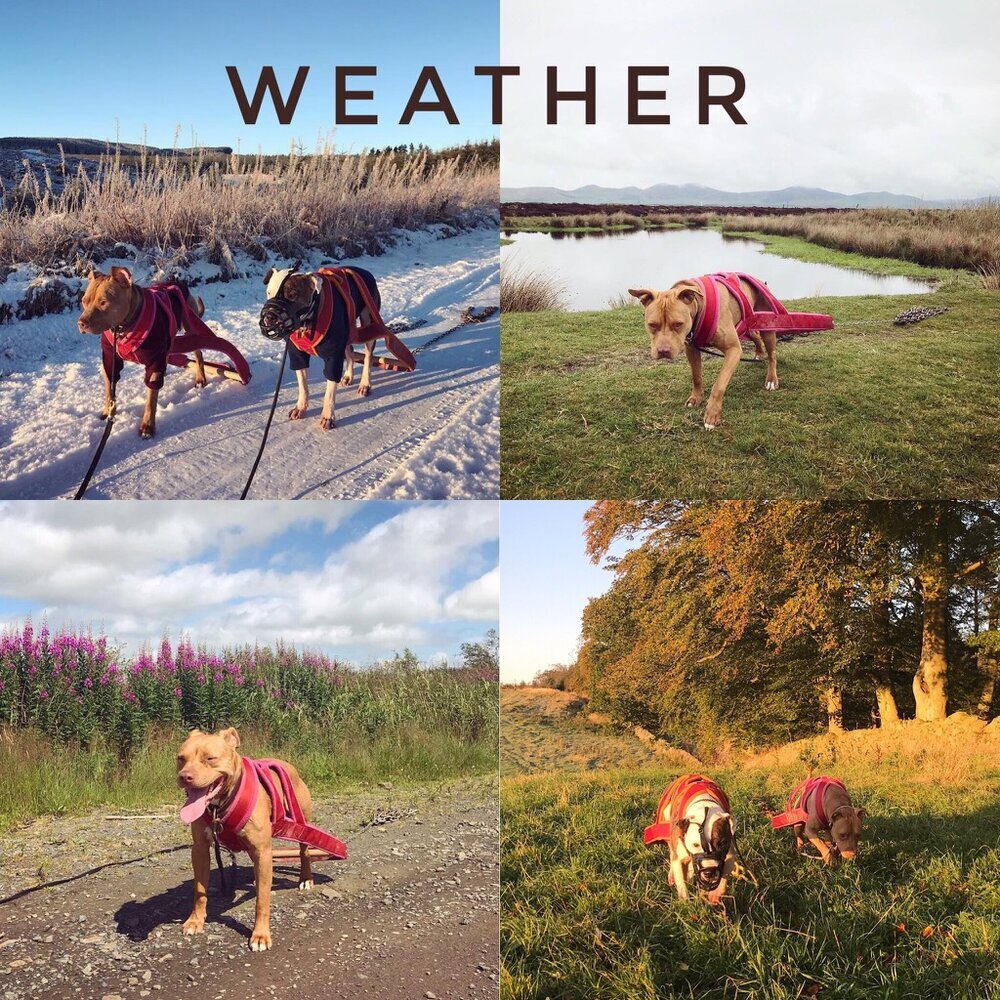
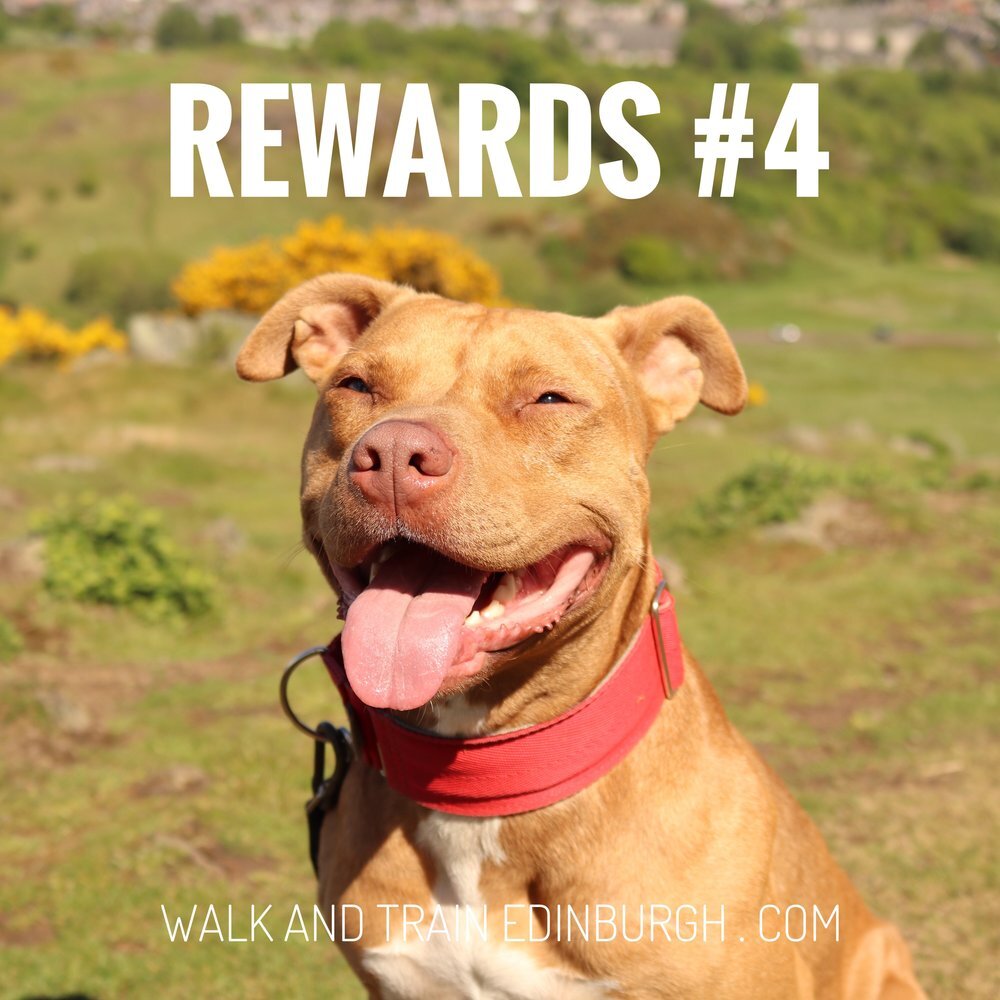
Rewards #4
Here is yet another post in our series on rewards! This one is on how to start to fade out rewards and common problems which makes the process harder. If you have attempted to stop rewarding your dog for behaviours they already know without much success, or if your dog stops listening as soon as there are no rewards present - this one is for you.

Exercise
A common question I get asked is how much exercise my dogs get. How long do I walk them, in what kind of places and do they get to be off leash every day? The answer is - it depends on the individual! We put a lot of effort into ensuring that our dogs are in good health, especially as they are ageing, balancing a good diet, physical activity and mental stimulation paired with time spent relaxing and settling. Finding a good routine that works for your dog is highly individual, especially if your dog has emotional issues or reactivity problems. As an example, I’ve composed a time table of how a week in Tennessee’s life can look.
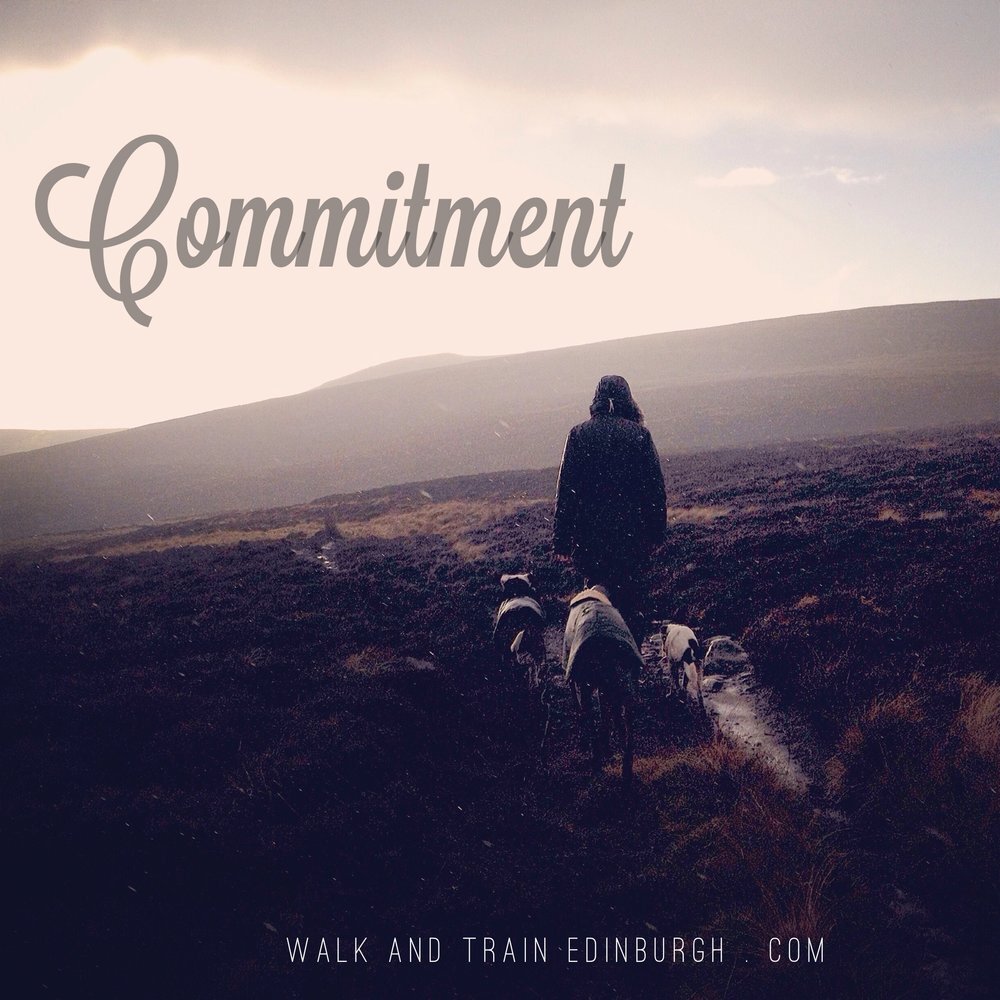
Commitment
Commitment means sticking through even when you don’t want to, even when you are tired, unmotivated, when it didn't fit into your original plan. Commitment is putting your own wants and desires aside to prioritise another being. Commitment is respecting another being enough that you see them for who they are instead of trying to make them fit into your mould of who you wish they were. Commitment is sticking together even when it is not all glitter and rainbows, even when it is hard, even when you’re not having fun, or even when your personal needs are not being met. Commitment is having a bad day but not letting it go out over the other being.

Your New Rescue
The most common mistake that I see people making with their new rescue dogs is wanting to give them the whole world all at once. It is easy to feel sorry for a dog that has possibly had a tumultuous life, or a difficult last couple of months in kennels. However, sharing that kind of emotional state with them, giving them too much freedom or exposing them to a lot of different situations right at the start can be more damaging than helpful. It is important that you help your dog navigate your world, especially if it might not be used to living inside a home, or walking in the city.

Progress vs. Perfection II
It made me think about the way so many dog owners see training, as constantly have to label each interaction in terms of progress or set-backs, and our obsession with perfection. Dogs have bad days and that's ok. However, if your dog shows a behaviour you have labelled as “bad” that you thought you had “overcome”, and you then become tensed and worried, you are more likely to start to anticipate that outcome and cause the behaviour to happen over and over again until it has become a habit.

Want more advice?
